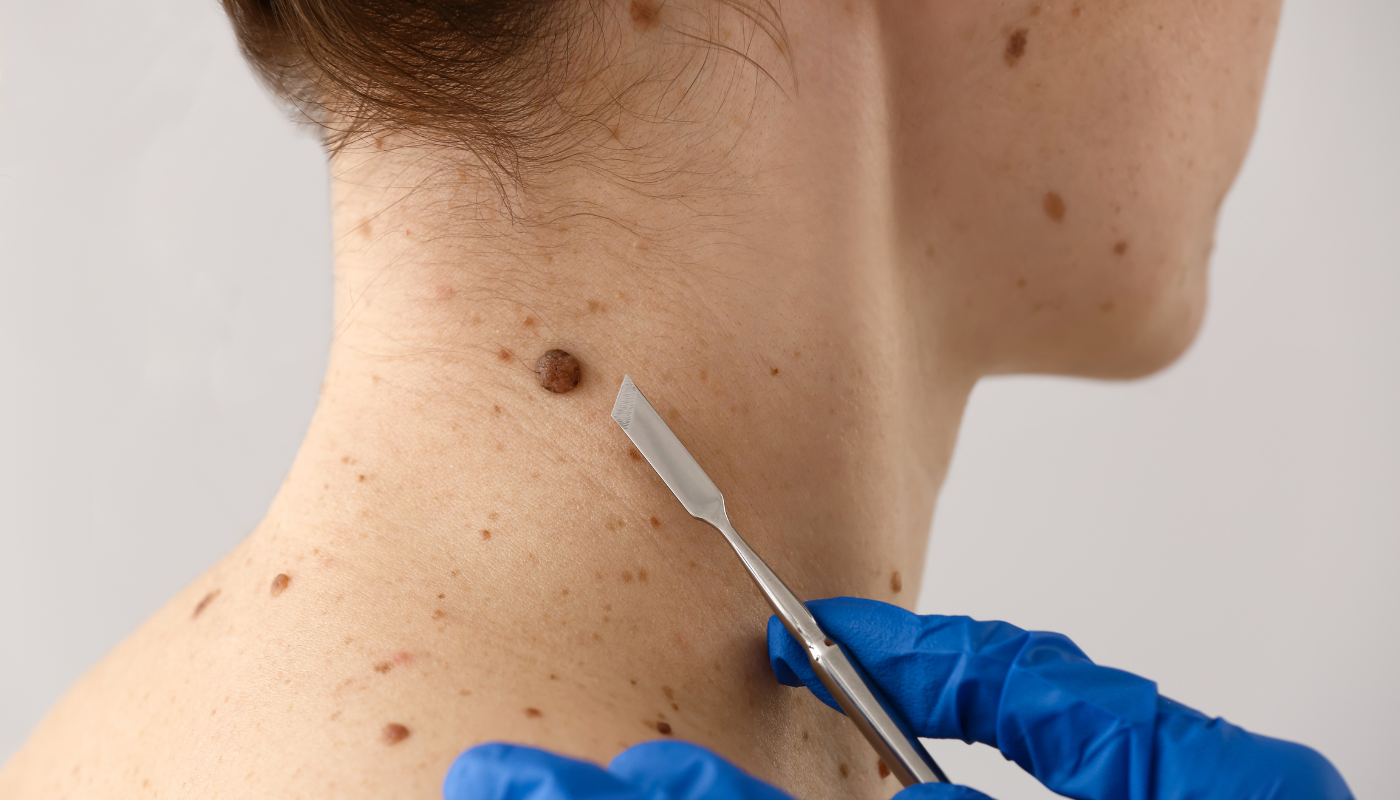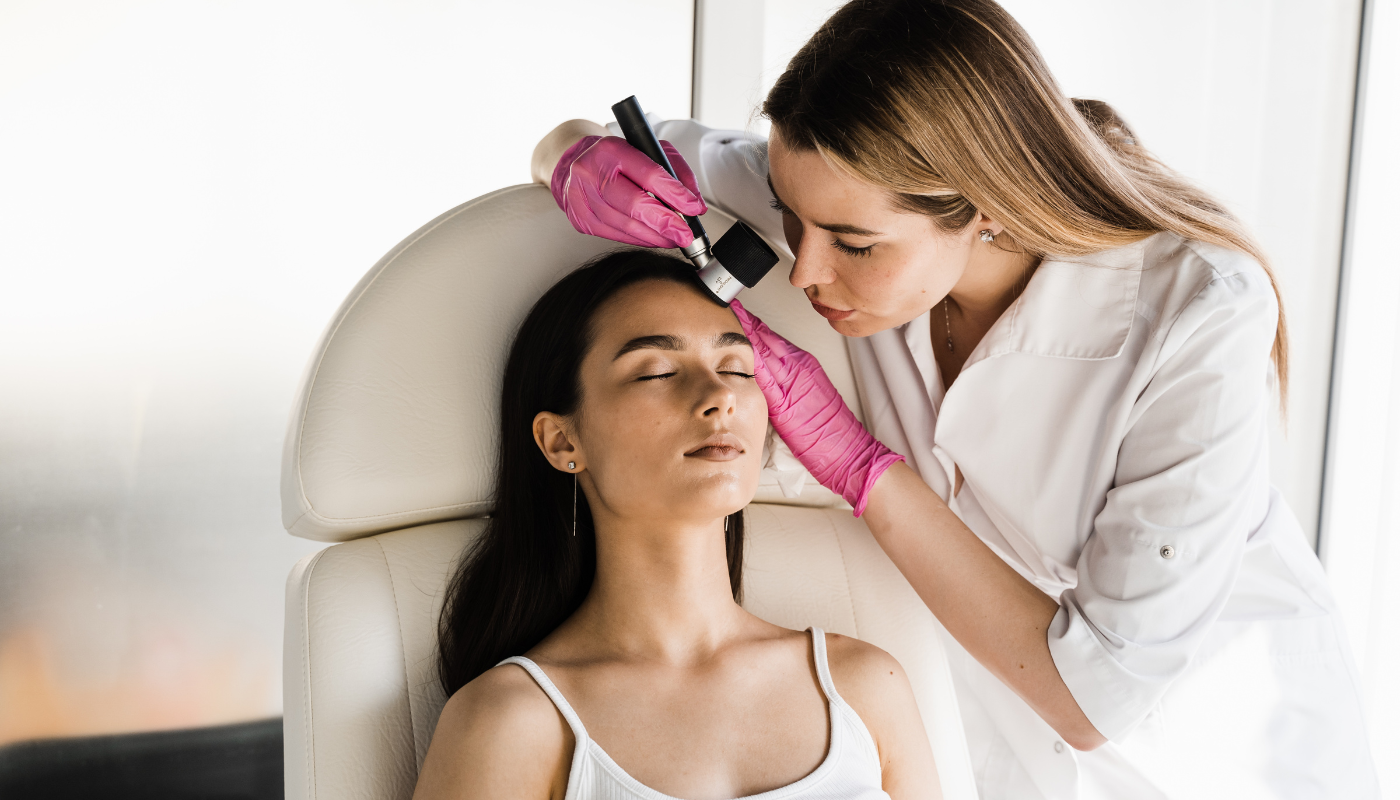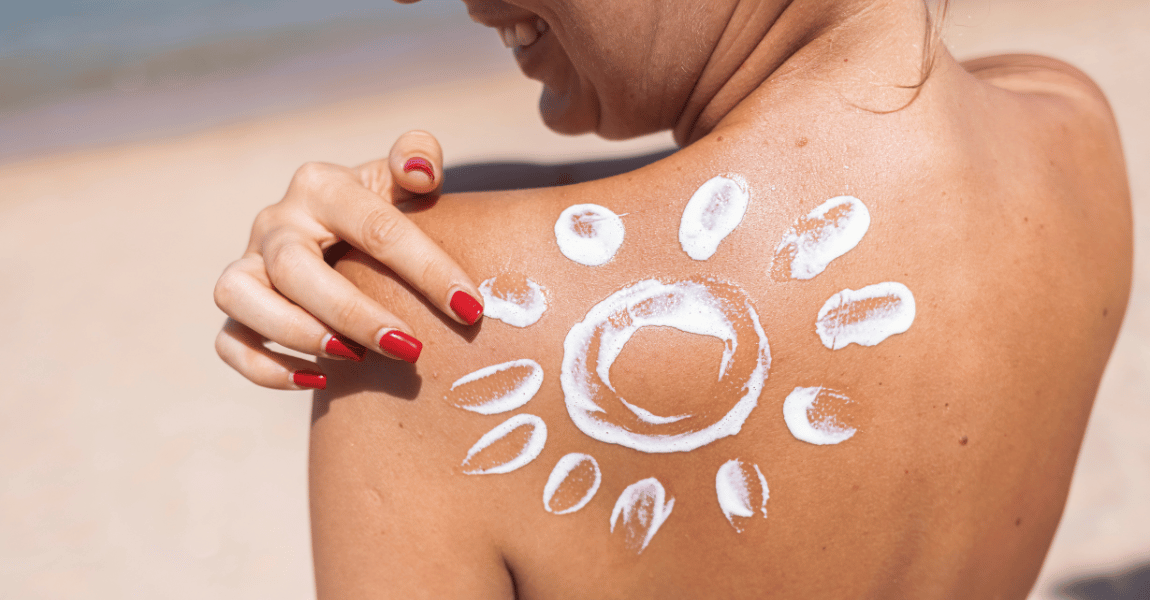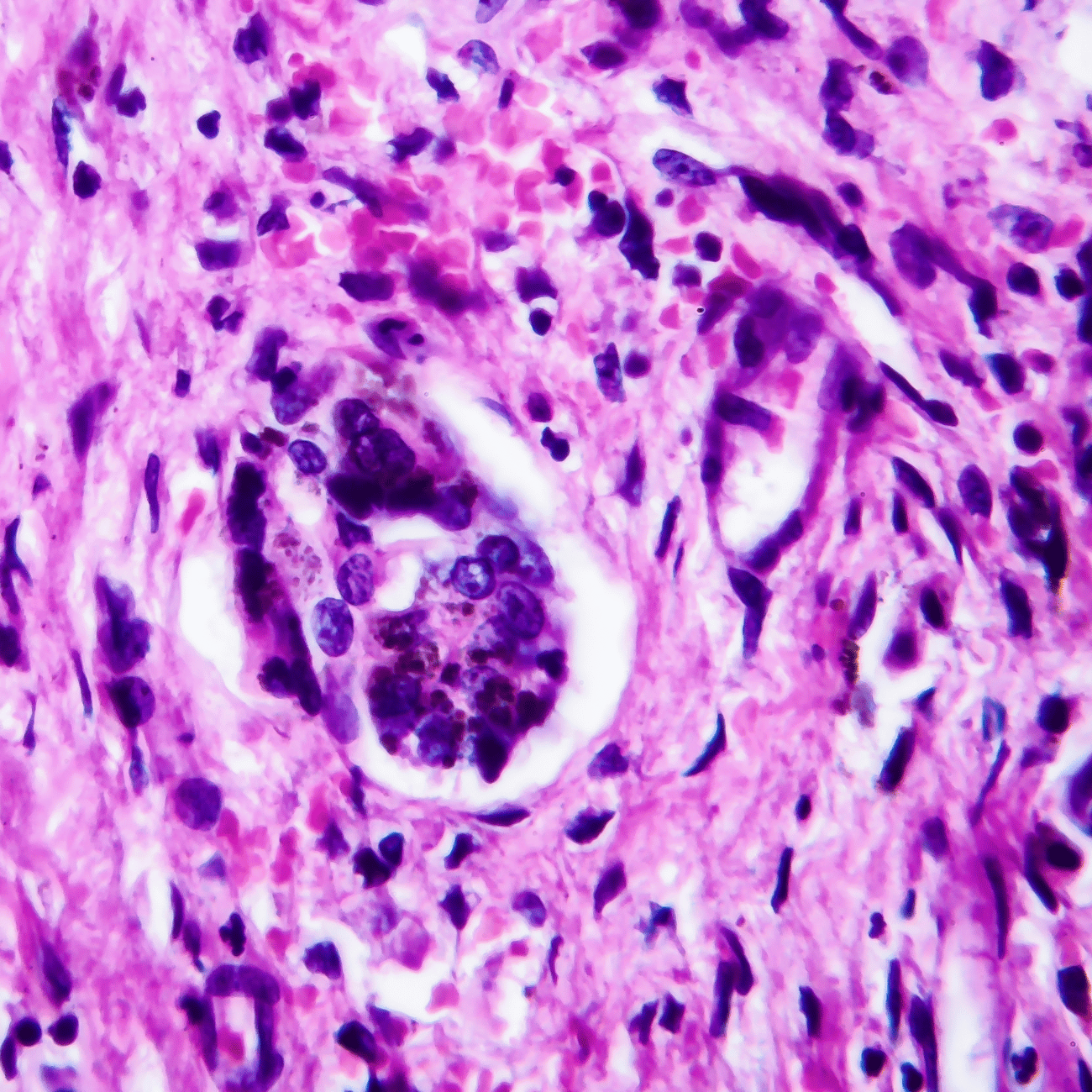Skin Cancer and Immune System Health: Making the Connection
Skin Cancer and Immune System Health: Making the Connection

The alarming rise in skin cancer rates globally demands our attention, not just for its direct impact but also for the intricate relationship it shares with our immune system.
Before diving into the details, let's set the stage by understanding what skin cancer is and why it’s a concern.
Skin cancer is a type of malignant growth that arises from the skin cells.
It's one of the most common cancers, affecting millions of people worldwide each year.
Importance of Topic
Understanding the connection between skin cancer and immune system health isn’t just academic; it has real-world implications for prevention, diagnosis, and treatment. A strong immune system may serve as your best ally in combating skin cancer, while a compromised immune system can pose increased risks.
Purpose of the Article
Our aim is to provide an in-depth explanation of how skin cancer and the immune system are interconnected, and what you can do to minimise your risk.
So, let’s have a look at this complex relationship step by step.
Types of Skin Cancer
Knowing is half the battle, so let’s start by identifying the different types of skin cancer that commonly occur.
Basal Cell Carcinoma
Often appearing as a tiny, slow-growing bump, basal cell carcinoma is the most common type of skin cancer. It usually occurs on sun-exposed areas like the face and neck. While not often fatal, it can cause significant disfigurement if not treated early.
Squamous Cell Carcinoma
Typically developing on sun-exposed areas, squamous cell carcinoma can grow relatively quickly and may spread if not treated. Lesions often appear as scaly, red patches or open sores.
Melanoma
Known as the most deadly form of skin cancer, melanoma originates from melanocytes, the cells that produce pigment. Melanoma can appear suddenly as a new dark spot or evolve from an existing mole. Due to its aggressive nature, early detection and treatment are crucial.
The Role of the Immune System
The immune system serves as our body’s primary defense mechanism, but how does it relate to skin cancer?
Detecting Abnormal Cells
One of the immune system's jobs is to recognise and eliminate abnormal cells, including cancerous ones. Immune cells like T-lymphocytes can identify and attack cells that show signs of malignancy.
Immune Evasion by Cancer Cells
Unfortunately, cancer cells often develop mechanisms to escape the scrutiny of the immune system. They can produce proteins that mask them from immune cells, thereby avoiding detection and destruction.
Immune System and Recovery
A strong immune system can not only prevent but also play a role in recovering from skin cancer. During treatment, a well-functioning immune system can aid in the destruction of cancer cells and help prevent recurrence.
Making the Connection: Immune System Health and Skin Cancer
Now that we have a good understanding of both skin cancer and the immune system, let's see how they are interconnected.
Immunocompromised Individuals
Studies have shown that people with weakened immune systems are at a higher risk of developing skin cancer. This could be due to the inability of the immune system to detect and eliminate cancerous cells effectively.
Immune System Boosters
Can enhancing your immune system help in reducing the risk of skin cancer?
Research indicates that a well-balanced diet, regular exercise, and proper stress management can indeed boost your immune system, possibly lowering your cancer risk.
Immunotherapies for Skin Cancer
Some of the latest advances in skin cancer treatment involve using the patient’s own immune system to fight off cancer cells. Treatments like checkpoint inhibitors can block the proteins that help cancer cells evade the immune system, thereby allowing the immune cells to attack the cancer more effectively.

Prevention and Lifestyle Changes
While we can’t change our genetics, there are still several lifestyle changes that can help boost our immune system and reduce the risk of skin cancer.
Sun Protection
Wearing sunscreen isn’t just about avoiding a sunburn; it’s a crucial step in skin cancer prevention.
Opt for a broad-spectrum sunscreen with at least SPF 50 and reapply it every two hours when you’re outdoors.
Diet and Nutrition
Certain foods are rich in antioxidants and other immune-boosting nutrients that can be beneficial in preventing skin cancer.
Incorporate fruits, vegetables, and lean proteins into your diet to support your immune system.
Exercise and Mental Health
Regular exercise and stress management can play a significant role in maintaining a healthy immune system. Exercise improves blood circulation, which helps immune cells to move freely throughout the body and do their job effectively.
Empowering Your Future
We’ve covered a lot of detail exploring the relationship between skin cancer and the immune system, and the overarching theme is that an informed approach can make all the difference.
A robust immune system can potentially reduce the risk of skin cancer, aid in its treatment, and help in recovery.
Knowledge is power; the next step is to take proactive measures to protect yourself and to spread awareness about this critical issue.
Share this article, discuss these findings with your healthcare provider, and most importantly, take good care of your health.
FAQ
1. Can a strong immune system prevent skin cancer entirely?
- While a strong immune system can reduce the risk, it doesn’t guarantee complete prevention. Always consult your healthcare provider for personalised advice.
2. Are there any specific foods that can boost my immune system to fight skin cancer?
- Foods rich in antioxidants, such as berries, green tea, and leafy greens, can support a healthy immune system. However, no single food can prevent skin cancer.
3. How effective are immunotherapies in treating skin cancer?
- Immunotherapies have shown promising results, particularly in advanced cases of melanoma. However, the effectiveness varies from person to person.
4. Is sun exposure the only cause of skin cancer?
- Sun exposure is a significant risk factor, but other factors like genetics, certain chemicals, and a weakened immune system can also contribute to skin cancer risk.
5. Can stress impact my risk of developing skin cancer?
- Chronic stress can weaken your immune system, potentially increasing your risk of developing skin cancer.
By arming yourself with this information, you're taking the first step towards safeguarding your health. This information can serve as a valuable resource for understanding the vital relationship between your skin and your immune system.
Here’s to a healthier, more informed you.
More Skin Tips.
CoreBodi










| Powered by Kaptol Media



